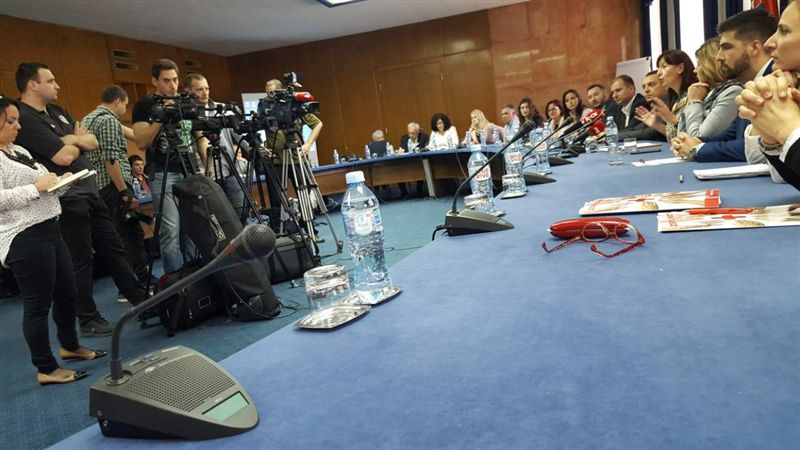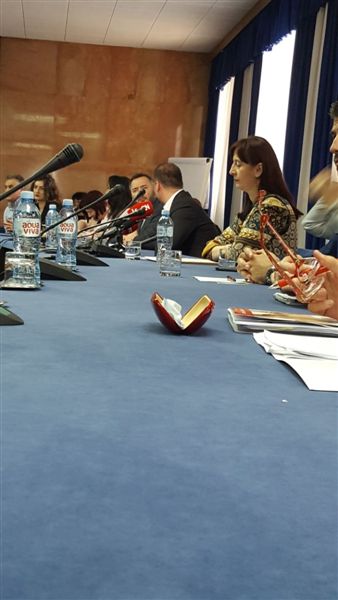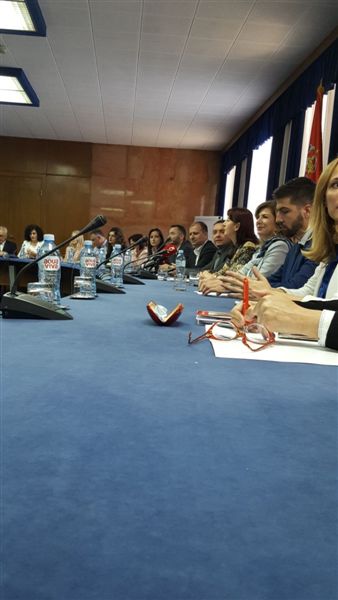International Day of Families
An expert conference entitled „Intergenerational Solidarity: importance and perspectives“ was organised in PalataSrbije building on 15 May, the International Day of Families. The event was organised by the Ministry of Labour, Employment, Veteran and Social Affairs and it represents yet another step in promoting intergenerational solidarity and complementary relationships between generations, as well as in combating stereotypes and prejudices that jeopardise intergenerational solidarity.
The event was opened by Minister Aleksandar Vulin, Natasa Todorovic of the Red Cross of Serbia and Nikola Rajicic of the Office for Youth and Cooperation with Associations of the City of Belgrade. In their speeches they all emphasised intergenerational solidarity as one of the key assets in developing cohesive society and that intergenerational equality and responsibility matters in how it helps reduce the generation gap. Natasa Todorovic pointed out that people today live longer in good health and remain active for longer but that on the other hand, family structure is changing – people have less children later in their lives and more is invested in education and personal development. Therefore, the issue of ageing is not isolated, we need to be aware that demographic ageing affects all walks of life: labour, employment, pension system, personal finances, access to health and social services, transport services, expenditure, participation, intergenerational solidarity and economic growth. Of course, the image of older people needs to be changed as well, it should be made clear that they are not a burden to society and national budget, that they are rather a potential that needs to be recognised and that a society needs to use the potential of all generations and allow them their full development.
Secretary General of the Red Cross of Serbia Vesna Milenovic talked about the activities of the Red Cross of Serbia related to intergenerational solidarity emphasising that the majority of the organisation’s programmes have such a component. All the activities involve the work of young and older volunteers including the most challenging ones such as disaster management. Vesna Milenovic provided several examples of good practice such as the Red Cross branch of Indjija where older women, members of the “Corner for happy moments” were invited by local schools to lecture primary school students in handicrafts as part of the course on household management.
In addition, young volunteers of the Red Cross branch Savski Venac spoke about their experiences in intergenerational cooperation. The event was also attended by representatives of member organisations of HumanaS network and older volunteers.



